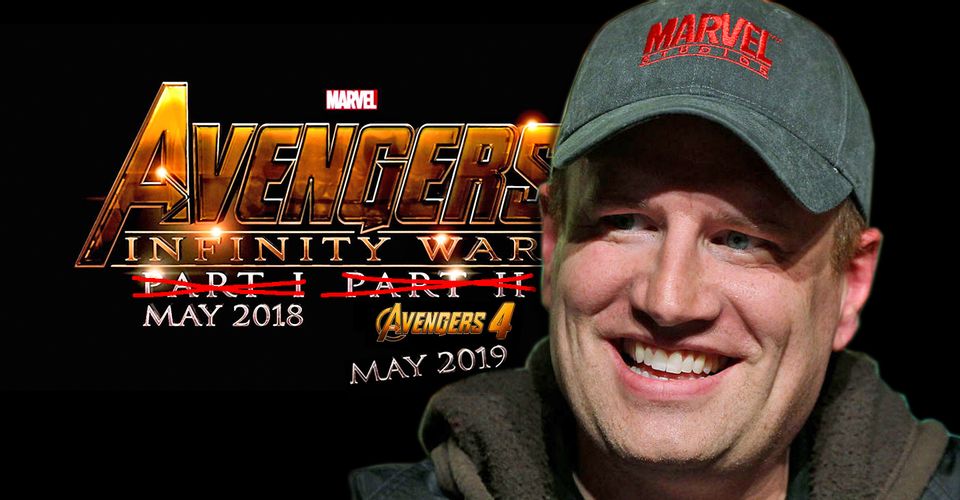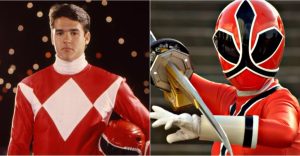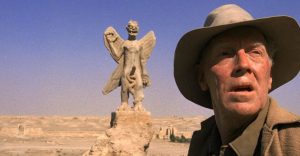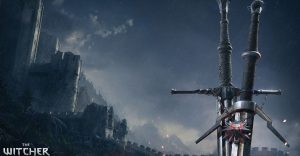Kevin Feige Didn’t Want Avengers: Endgame to Be Infinity War Part Two

Marvel Studios president Kevin Feige didn’t want Avengers: Endgame to simply be just Avengers: Infinity War part two. Initially announced as a two-parter, directors Joe and Anthony Russo eventually announced that they were officially splitting up the films, given that they tell very different and complete stories on their own. It turns out, however, Feige was the major proponent of that idea who actually pushed for it.
This left Avengers 4 title-less up until four months before its release. Throughout that time, fans continued to guess what the mysterious subtitle could be. Many initially presumed the reason the company was holding back the announcement of the title is because it may be a spoiler for its predecessor, but Feige said that wasn’t the case. And considering where things were left in Infinity War, coupled with a measured marketing campaign, much of Endgame‘s plot was kept a mystery, making for a satisfying cinema experience. The MCU architect even proposed that Thanos’ snap was the perfect way to end Avengers 3, as it allowed a whole different story to unfold in its sequel, as writers Christopher Markus and Stephen McFeely now recall.
Speaking with Backstory (via Comic Book), Markus and McFeely share how Feige wanted Infinity War and Endgame to be stories on their own. And since he was also working on other projects outside of the ensemble films – two of which took place in a different time period (Ant-Man & The Wasp and Captain Marvel) – the writers said “it was interesting to watch” the Marvel Studios boss do his job because he needed to “work with a kind of bifurcated mind.”
Markus: “He definitely fought for making the two [final] movies sort of freestanding stories. Obviously they’re connected, but he never wanted a part one and part two. He never wanted a cliffhanger. Some people call the end of Infinity War a cliffhanger, but it’s not. It comes to a definitive end. It’s just sad.”
McFeely: “Kevin’s the coach in a way. He lets the players really have to go win the game. He’ll encourage you and say, ‘No, you can do better. That snap should probably come at the end, don’t you think? Write yourself into a corner.’ But there’s not really a dictate other than to feel.”

While Infinity War ended on a tragic moment with all the heroes dealt their first major loss, adding Thanos’ retirement at The Garden toward the end of the film emphasized that it’s a complete story. “The idea was to reinforce that this was a kind of reverse hero’s journey and we wanted to tag that it’s not a cliffhanger. Everything ended, and in fact it ended really well for the guy who was driving the story [Thanos],” McFeely explains. Markus echoes his partner’s sentiments adding: “The hero won, and he got to retire to his shack — just like every cop who’s one week away from retirement [in a movie] and usually gets killed. Thanos made it all the way. He got his little fishing post.”
Some would still argue that Avengers: Endgame is basically just Infinity War part two, considering that they tell an overarching story in the manner of popular franchise endings like Harry Potter and The Deathly Hallows Part 1 and Part 2. But aside from the linked narrative, the two movies couldn’t be any more different – in tone, in pacing and in format. Avengers: Infinity War had a more straightforward plot, and needed to cater to its massive cast while also putting the spotlight on Thanos. Its follow-up, on the other hand, got a bit more creative with its story, and shifted the focus onto the heroes. Regardless, the public seem to enjoy both films, so it’s a win either way.
Source: Backstory (via Comic Book)
- Black Widow (2021)Release date: Jul 09, 2021
- Eternals (2021)Release date: Nov 05, 2021
- Shang-Chi and the Legend of the Ten Rings (2021)Release date: Sep 03, 2021
- Doctor Strange in the Multiverse of Madness (2022)Release date: May 06, 2022
- Thor: Love and Thunder (2022)Release date: Jul 08, 2022
About The Author

















